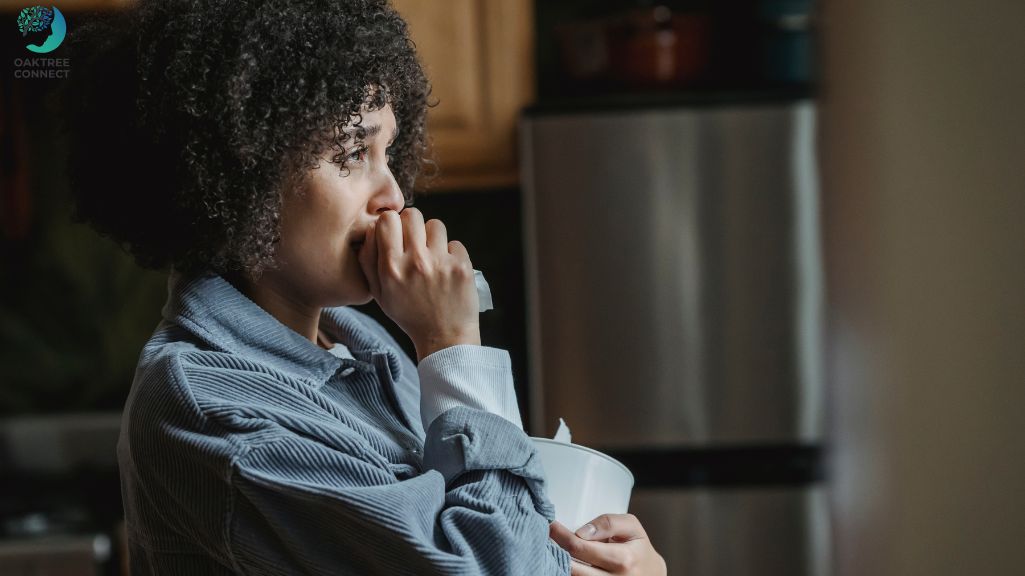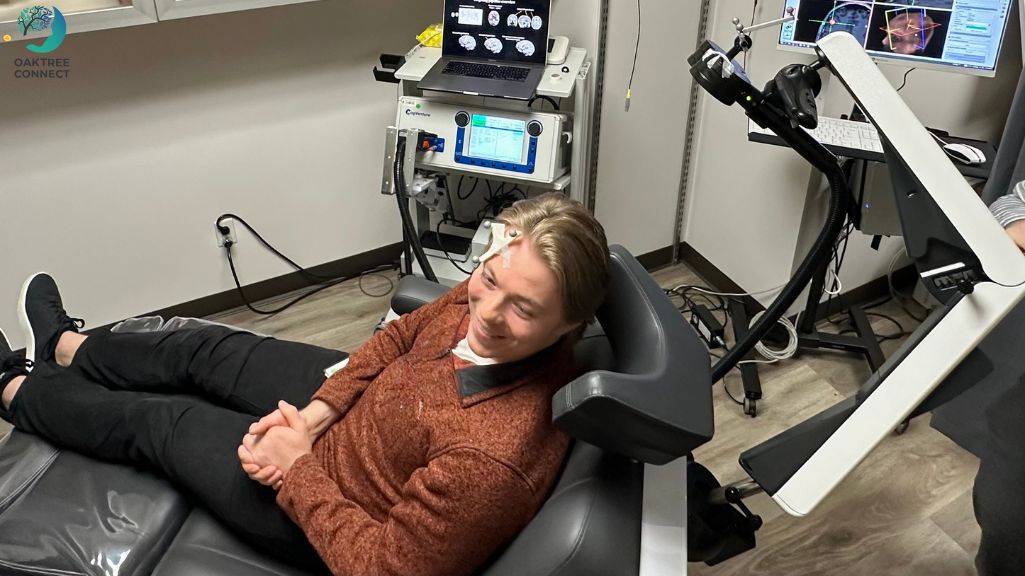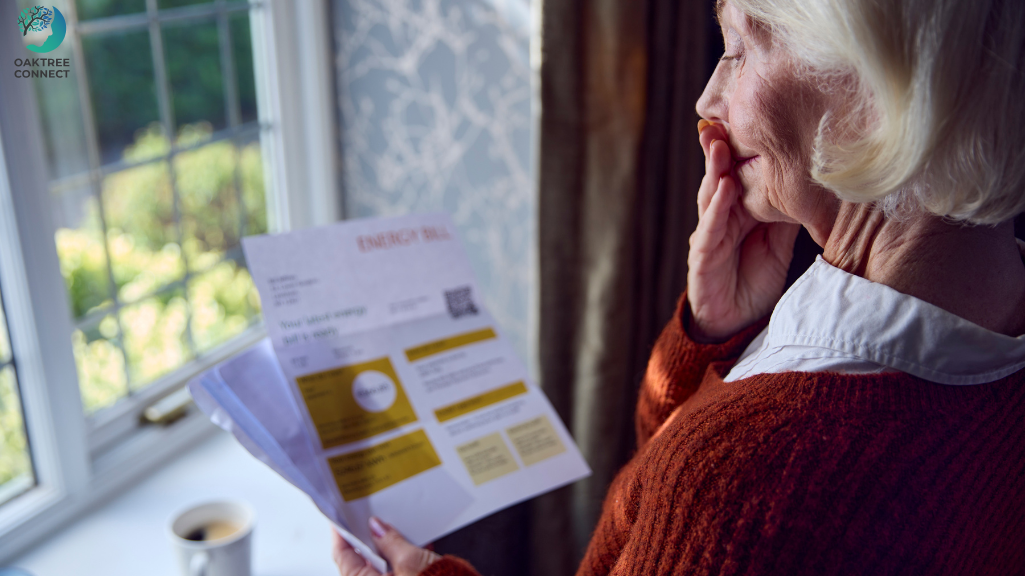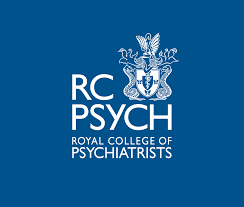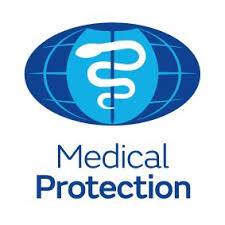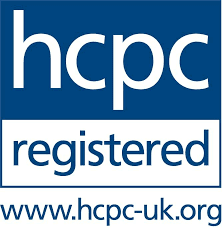Patient Talk - What Does Severe Clinical Depression Feel Like and How Does it Affect Life?
One of Our Patients Discusses Their Experiences of Depression and the Recovery Process
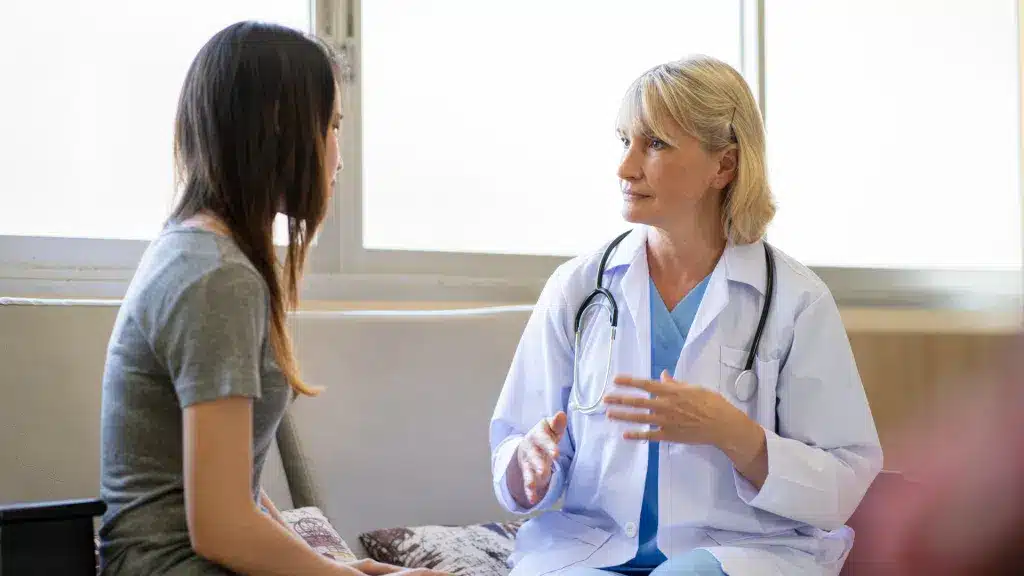
Why did first you come to Oaktree?
I first came to Oaktree because I had lost trust in the service my GP practice was offering me, having seen 4 of the GP’s at the practice with no resolution of my problems, multiple changes of medication and no plan for taking things forward towards a satisfactory outcome.
Could you describe the daily struggles you faced beforehand?
I had no energy, and no motivation. I felt suicidal and had planned how and where I would carry out this act. I carried the means for doing this with me. I felt there was no point in going on with my life if this was all I could expect. I had had bouts of depression before but had been free from these for a significant period of time, following being prescribed fluoxetine (Prozac). In my mind I believed that if this didn’t work, nothing would. I couldn’t sleep at night, and couldn’t do anything during the day. I stopped going out and taking care of myself. I would go weeks without showering or changing my clothes.
How would you describe your worst days? Your best days?
My worst days, strangely, were the days I had slightly more energy. My anxiety levels rose on these days and I could not control my thoughts. anything and everything was a cause for concern, but my main problems were to do with my depression and me not recovering and how I could go on if this were the case. My best days were not a lot better than this, frankly, but I did feel able to do a little more in terms of self care, though this might only be one thing out of the raft of routine activities that constitute looking after oneself.
Were those around you aware of what you were going through? Friends/Family/Co-workers?
I wasn’t working at the time and did not see friends. My partner was aware to a limited extent but unsure how to handle or manage my moods or behaviour. Despite this he looked after me as best as he could.
Was there an event or trigger that made you decide get an assessment?
I decided to get an assessment because the fourth doctor I saw at the surgery put me on a medication which raised my blood sugar to a dangerous level and I could not get this down. On phoning and speaking to him he said to leave it off for a week and then start taking it again. I was horrified by this medical advice and decided at that point I would find an alternative. I felt totally let down.
What did you learn about yourself from that first visit to Oaktree?
That I had severe and lifelong depression, well of course I knew that, but I needed to know that someone else believed that too, as it appeared to me that my consultations with the various GP’s I had seen indicated that they did not think so.
How has your life improved since then?
My depression has lifted with the prescription of two different types of medication, which, together, appear to increase the anti-depressant effect of both and provide a safety net, in case one or the other stops working. I have also benefitted tremendously from the skilled support of a consultant psychologist, which has helped me to determine the life events that have led to me suffering from this horrible illness, and to counter their effect through understanding them with a different perspective.
What advice would you give to people going through the same thing?
Don’t think your GP knows everything there is to know about severe clinical depression. They probably don’t. If your mood hasn’t improved in three months, ask for a referral to a community psychiatric team, it will probably take several months to get an appointment anyway. If that doesn’t work, find a way to consult a practicing psychiatrist privately, even if you get no more than a change of medication after your assessment, that may be enough to improve your mood and at the very least, your GP will be provided with a report on your medical condition, and hopefully a treatment plan that they can follow. Try to see a GP who is prepared to listen, make a double or triple appointment if necessary. and don’t get bullied into thinking there’s nothing much wrong with you. There is and if you are ever going to be a productive, reasonably normal person again, you need professional help.
Disorder Related Blogs
- Anorexia Nervosa: Recognise the Quiet Killer
- Patient Talk - What Does Severe Clinical Depression Feel Like?
- Dear Mum: A Story by an Oaktree Patient with Depression
- SCHIZOPHRENIA – A Poem
- Autism: Dispelling Myths
- Mental Fitness: “I Have an Addiction”
Lifestyle Related Blogs
- Preventing Online Burnout
- Sad at Christmas? Help Is at Hand
- Burnout at Work
- Mental Fitness: How to Beat Stress
- Mental fitness: Brain Stimulation Therapy
- Mental Fitness: When Should You Stop Driving?
- Mental Fitness: “Let Us Talk About It”
- How to Combat Work-Related Stress
- Foods that make you happy
- Business Spending on Mental Health, Worth it?
- Employers Need More Awareness of Mental Health Issues


